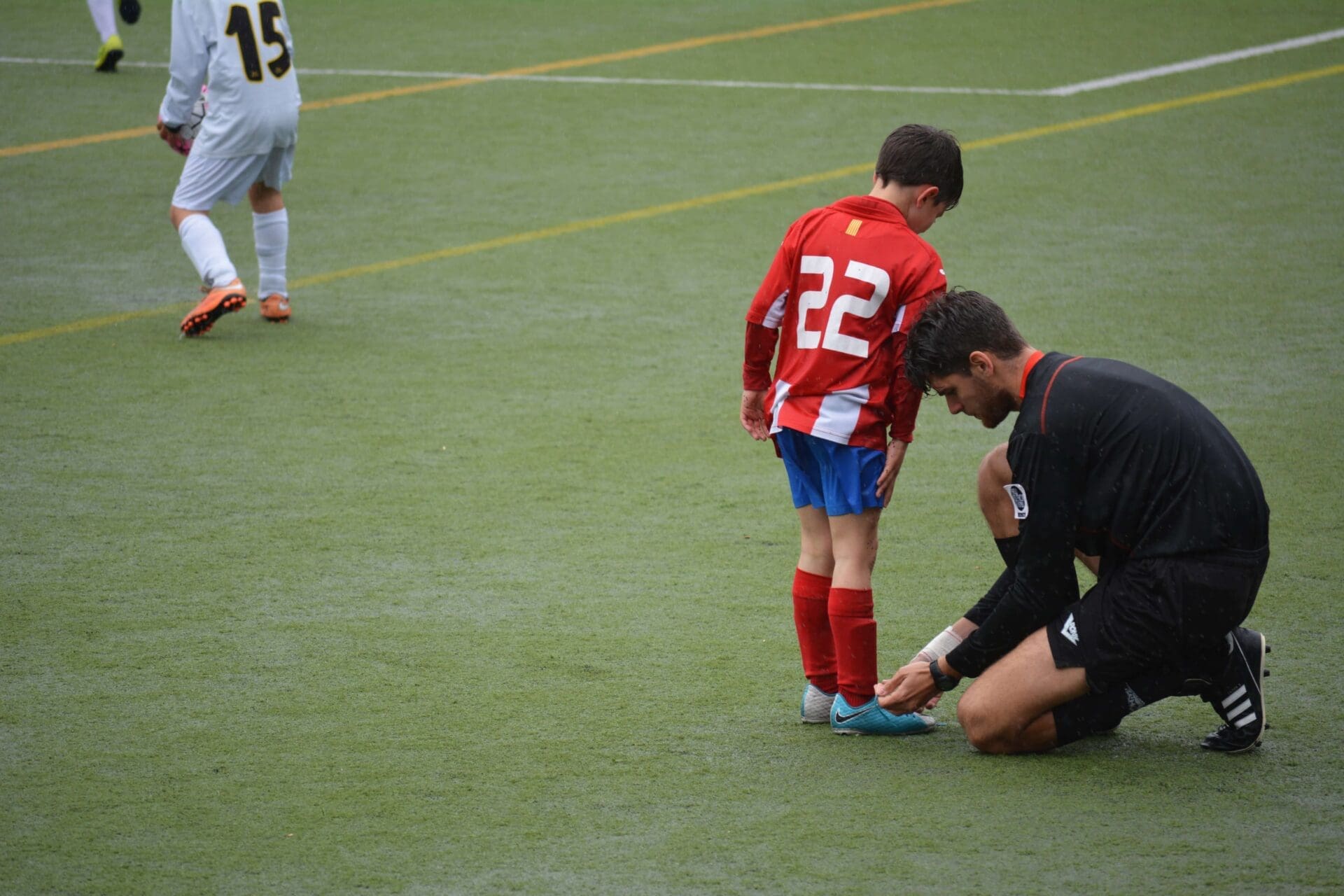Perfectionism in Sport is Getting Worse – Here’s Why
06 April 2024 Helping You Gain A Mental Edge Perfectionism in Sport is Getting Worse – Here’s Why Perfectionism in young athletes keeps on steadily growing. And unfortunately, I’m not talking about “healthy” perfectionism where athletes set themselves challenging goals that they work hard to try and attain. Where they are always striving to be …










